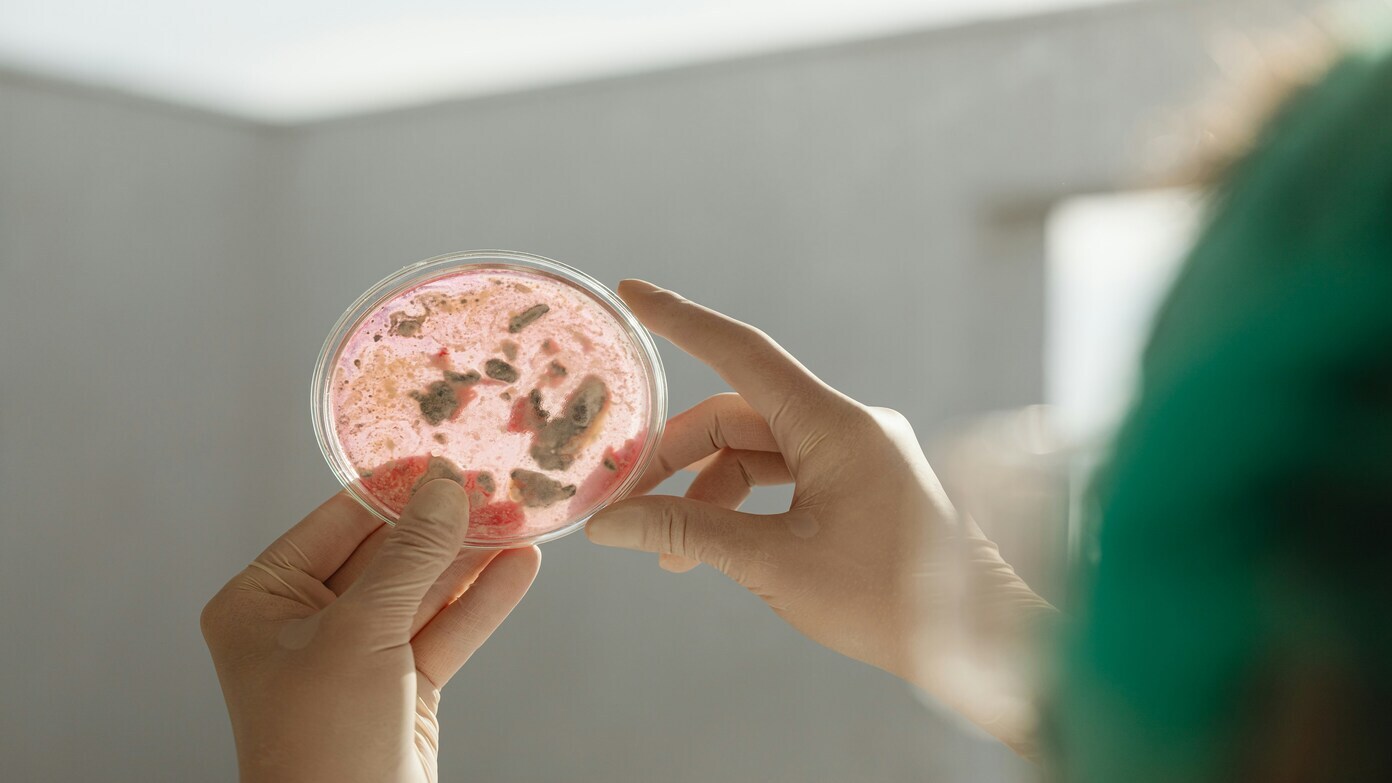What’s going on with this Brie?
A small batch of Brie Royal Faucon cheese has been voluntarily recalled because of a possible Listeria contamination. The recall was announced by Fromi USA, a New York–based importer, on August 14, and the U.S. Food and Drug Administration (FDA) has since given it a Class I risk classification—their highest level of concern.
This doesn’t mean the cheese will definitely make you sick, but it does mean there’s a serious risk, especially for people with weakened immune systems, pregnant women, young children, and older adults.
What’s listeria, and why does it matter?
Listeria is a type of bacteria that loves cold places—like your fridge. Unlike many other germs, it can grow even at low temperatures, which is why soft cheeses like brie are sometimes at risk.
The symptoms of listeria can feel like food poisoning at first—fever, muscle aches, nausea, vomiting, and diarrhoea. In severe cases, it can spread to the brain, causing headaches, stiff neck, confusion, loss of balance, and convulsions. For pregnant women, listeria infections can even lead to miscarriages or stillbirths.
Doctors say if you have any of the more serious symptoms, you should seek medical help right away.
Which cheese is recalled?
Only one product is involved:
- Brie Royal Faucon, 1 kg size, lot number 615
- Just 12 cases of this brie are affected.
The cheese was shipped to Cheese Plate Park Slope LLC in Brooklyn, New York, where it was cut and sold to customers between July 24 and August 13 at two shops:
- Cheese Plate Brooklyn – Park Slope LLC
- Cheese Plate Brooklyn – Carroll Gardens
If you bought brie from either of these shops during that time, check your fridge right now.
How did this happen?
The recall was triggered when the foreign manufacturer of the cheese was told by its local health authorities that the product might be contaminated. No illnesses have been reported as of August 14, but the recall is still ongoing.
Experts say Listeria is commonly found in soil and water, and it can sneak into food during production. Once it’s in soft cheeses or deli meats, it can stick around and grow over time.
What should you do if you have it?
- Don’t eat it.
- Return it to the store for a full refund.
- If you’ve already eaten some and feel fine, you probably don’t need to panic, but watch for symptoms. If you feel sick, contact your doctor immediately.
The FDA says these precautions are especially important for people in high-risk groups—pregnant women, newborns, adults over 65, and anyone with a weakened immune system.
Why are experts so concerned?
According to food safety experts, Listeria is tricky because it doesn’t always make everyone sick the same way. The bacteria can hang around in chilled foods, and even small amounts can be dangerous for vulnerable people.
Mary O’Riordan, a professor at the University of Michigan, explained that early symptoms look like other foodborne illnesses, which makes it harder to diagnose quickly. Haley F. Oliver, a professor at Purdue University, added that Listeria is widespread in nature and infections often depend on the person’s immune health.
Read this later:
Bad news for Trump’s tariffs as court rules against President’s policy

